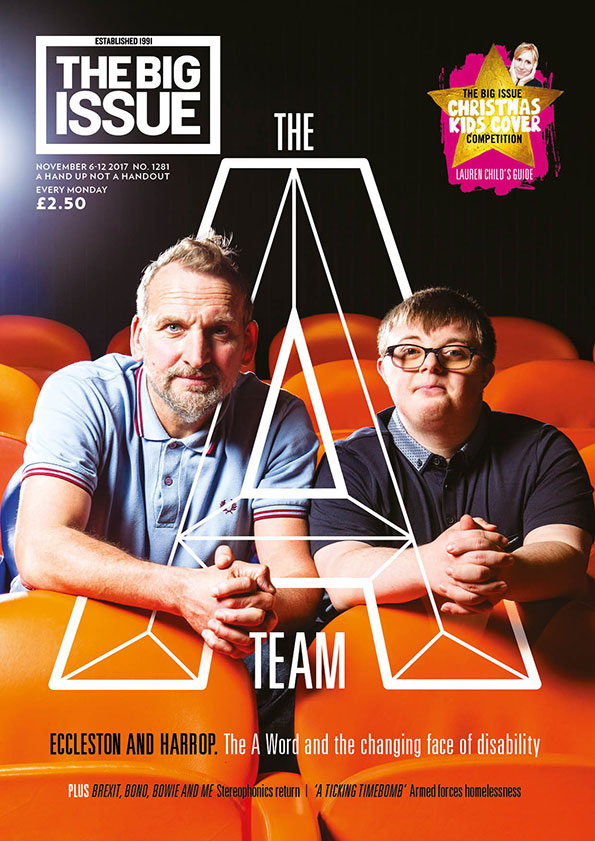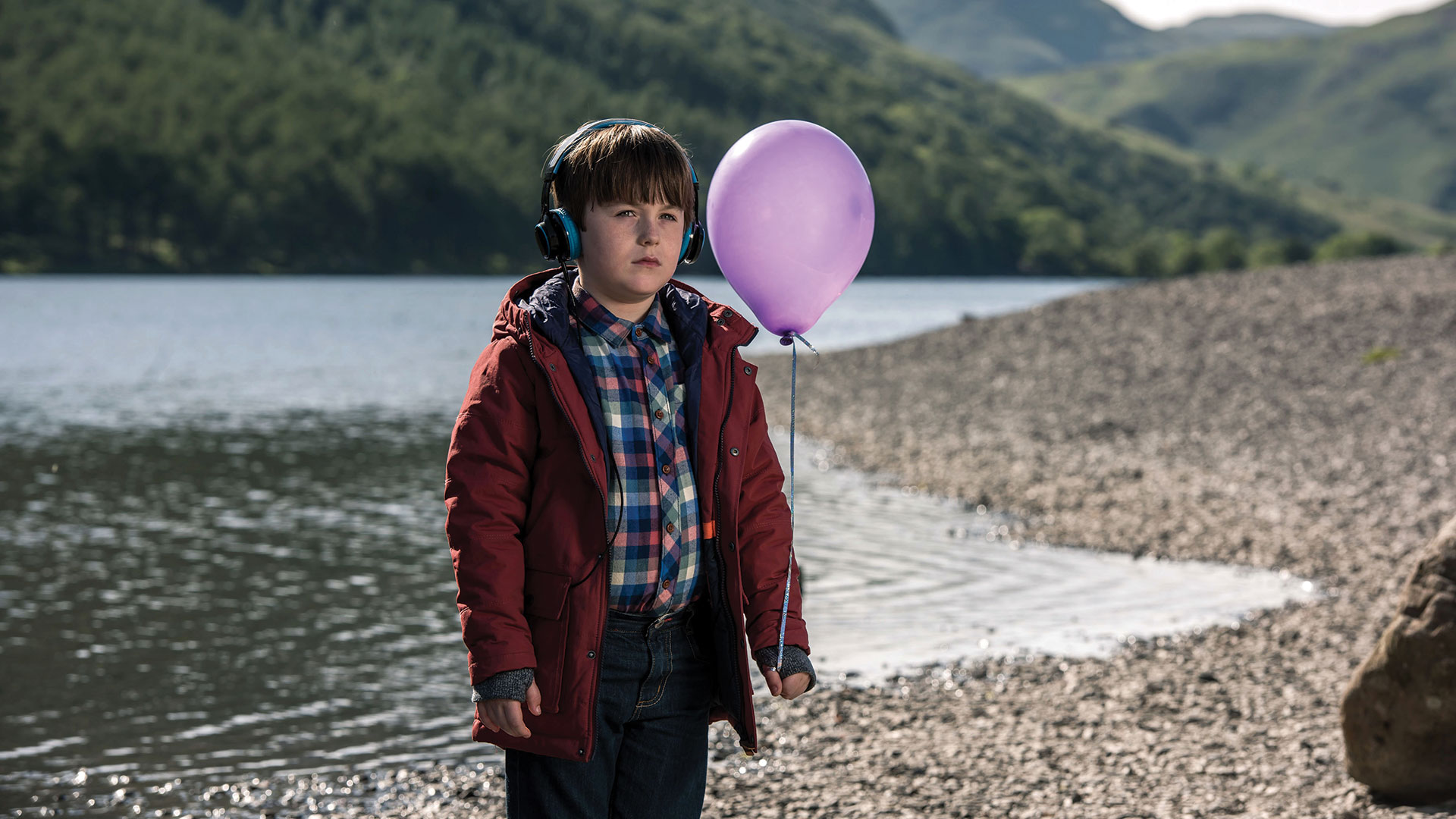Anxiety and autism can go hand in hand; imagine a world where nothing seems quite right but no one else complains. In fact, everyone else is navigating it without problems. When that’s your daily reality, anxiety is almost inevitable. I look at Maisie and I can see she’s living in a world that doesn’t fit.
At first the possibility of autism didn’t ring true. My knowledge was limited to Rain Man and Asperger’s. Maisie is sociable, imaginative and adventurous with language. But being a spectrum condition, no two examples of autism will ever be the same. There’s another, less-understood, form called PDA (pathological demand avoidance) where these characteristics can be present but other autistic traits are more dominant. Maisie ticks every box on the list.
We’ve had appointments cancelled at short notice, I could see the nurse thought we might kick off. But really, as a newbie in the system, I was just trying to process this. A child mental health emergency
She’s a child who frequently disappears into fantasy. She’ll spend hours at a time pretending to be a cat. She’ll even lick her ‘paws’ and wash her face. I’ve always realised she was eccentric – but then, who worth knowing isn’t a little odd? It doesn’t sound like the traditional face of autism, where we expect those on the spectrum to have a very literal approach to life. But with PDA you’ll find people who retreat into fantasy, perhaps as a way of avoiding the demands of a world that baffles them.
The problem for us is that we don’t have a diagnosis. In The A Word, Joe’s mother Alison is desperate for him not to be labelled. For my part, I think a label would be helpful. When your child is different you can’t help but notice the friends falling away and the slow but steady march towards isolation. When a classmate refuses to be in a group photo ‘because she hates Maisie’ or when Maisie’s excluded from Brownies for bad behaviour (you don’t know shame until you’ve had a call from Brown Owl…), it would be good to tell people what’s going on. Not to excuse, defend or undermine – but just so they could maybe understand a bit more.
Autumnwatch presenter Chris Packham, who has Asperger’s, suffered depression and suicidal thoughts as a younger man. It wasn’t until his diagnosis in his 40s that he understood why he’d always felt like an outsider. His recent documentary on the condition showed a man finally at peace with his mind. Most days, he said, he wouldn’t change it.
Advertising helps fund Big Issue’s mission to end poverty
I found it the most uplifting thing I’d seen in a long time. The thought of millions of untapped and excluded brains out there that could enrich the world and solve problems the rest of us can’t. But the 40-year wait to be diagnosed – that’s half a lifetime.
Even though we’re lucky enough to be in the CAMHS system (one in five referrals is rejected. No one knows what happens to these children), the statistics suggest it could be a long time before we know for sure. The National Autistic Society says the average wait for a diagnosis after referral is three-and-a-half years for a child, a little less for an adult. That’s a long time.
So why the wait? Well, for a start it’s tricky. There’s no scan or blood test doctors can do. It’s a hugely complex condition, not yet fully understood, and in Maisie’s case she has ADD (attention deficit disorder) to add into the mix. For that reason, it’s never going to be like it was shown in The A Word.
Another theory is that the assumption that autism’s mostly a male condition is just plain wrong. It could be that girls are affected just as much as boys but are better at watching other children and copying ‘normal’ behaviour. You can see how that’s a ticking time bomb for mental health.
For now we’re learning to help her manage her anxiety and wondering what the future holds for her. And whether she’s happy deep down. It’s hard to know
Then, on the other hand, it’s not really tricky at all. Just horribly underfunded. Health spending varies across the country, but CAMHS receives about six per cent of the mental health budget – just 0.7 per cent of the NHS’s total spend.
Advertising helps fund Big Issue’s mission to end poverty
We’ve had appointments cancelled at short notice, and on one occasion turned up at the hospital to be told the psychiatrist had been called away to an emergency. I could see the nurse thought we might kick off. But really, as a newbie in the system, I was just trying to process this. A child mental health emergency.
I’ve always realised she was eccentric – but then, who worth knowing isn’t a little odd?
These are people trained in vital skills, doing one of the toughest jobs imaginable and they’re stretched to breaking point and starved of the funding their colleagues in other specialisms get. ‘Parity of esteem’ is a pretty phrase, loved by politicians, but just saying it won’t make it real. We need to make it real.
As for Maisie, there are routes other than CAMHS to an autism diagnosis, and maybe that’s something that will open up to us. For now we’re learning to help her manage her anxiety and wondering what the future holds for her. And whether she’s happy deep down. It’s hard to know.
She doesn’t much like to be touched, and she struggles to make eye contact, but once in a while she’ll nuzzle up against me, purring like a little cat. Those are the sweetest moments.
*Names have been changed










